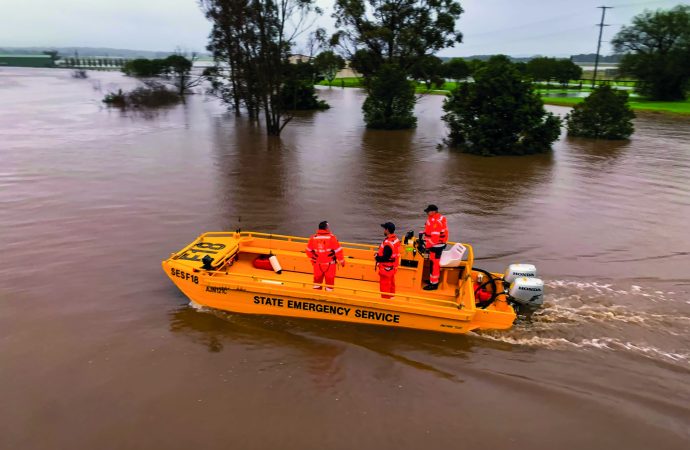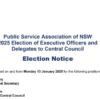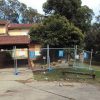PSA members and the volunteers they support get served a volley of insults by the government that slashed their budgets.
Every year, the State Government applied its clumsiest cost-saving instrument, the efficiency dividend, to the State Emergency Service (SES) and the Rural Fire Service (RFS). Had it not been slated for eventual extinction, Resilience NSW also would have been subjected to regular cuts to its operating budget.
Yet, as floodwaters receded in northern NSW, the State Government began a frenzy of finger-pointing, culminating in a plan to cut services even further with the merger of the SES and RFS operations and the handing over of Resilience NSW’s operations to the state’s Police Force.
“The announcements in relation to the NSW flood inquiries caused considerable concern amongst the PSA membership of SES, RFS and Resilience NSW,” said PSA/CPSU NSW General Secretary Stewart Little. “In particular, our SES members are hurting because they were unfairly targeted by a report, seemingly designed to take the focus away from Government mismanagement of flood emergency planning and response to that of public service failure.”
Mr Little said the Government’s plans to merge the offices was simply following its failed strategies of the previous 12 years.
“Streamlining of services has always been code by this NSW Government to mean job losses,” he said. “It is unclear how the streamlining of services or using the words ‘merging back-office functions’ will provide support to the communities across the state when dealing with these types of emergencies.
“With the effects of climate change expected to create more flooding and more fires, surely it makes sense to ditch the efficiency dividend folly and instead invest more money into the agencies the people of NSW rely on when things get tough.
In particular, our SES members were unfairly targeted by the report
















Leave a Comment
Your email address will not be published. Required fields are marked with *